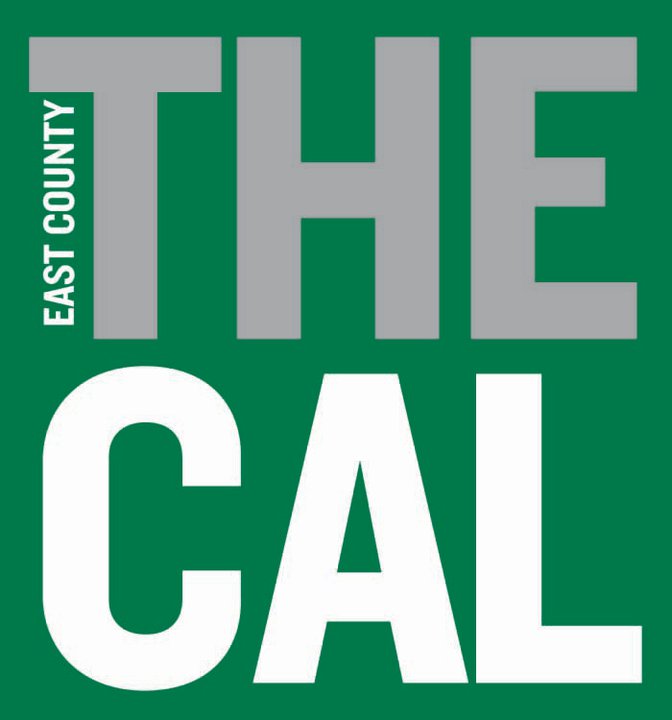The media has recently heard from readers concerned that the County of San Diego’s “bundling” process for approving general plan amendments rushes projects through. We understand the concerns of our citizens, but our experience gives us confidence that each project will be considered separately.
The media has recently heard from readers concerned that the County of San Diego’s “bundling” process for approving general plan amendments rushes projects through. We understand the concerns of our citizens, but our experience gives us confidence that each project will be considered separately.
I have covered the San Diego County Board of Supervisors since early 1998 and the county’s Planning Commission since December 1999. I am thus familiar with the Board of Supervisors’ procedure, which allows the county to comply with state law limiting a jurisdiction to no more than four general plan amendments in a year. The county’s Department of Planning and Development Services (formerly the Department of Planning and Land Use) dockets multiple items for a single Board of Supervisors meeting, and county supervisors take a single formal vote on multiple projects, but separate hearings occur both by the Planning Commission and by the Board of Supervisors for each project.
All proposed general plan amendments other than for projects placed on the ballot by citizens initiative are initially brought to a community planning group or community sponsor group if one of those exists in the project area, and if a project straddles multiple community planning areas the advisory groups in all of those areas will hold hearings.
The planning or sponsor group vote is advisory, but that vote and the minutes pertaining to the project are included in the Planning Commission information. In some cases the planning or sponsor group input is used as feedback and the developer modifies the proposed project based on the community sentiments.
The revised project may or may not return to the planning group for another vote, but if those changes improve the project’s conformity with community desires, that information is also provided to the Planning Commission.
Each proposed general plan amendment, other than those that qualify for the ballot by the initiative process, is a separate Planning Commission agenda item.
This includes major projects, minor projects, and the general plan cleanup process which addresses primarily mapping errors or changes of land from private to public or tribal trust.
The Planning Commission may hear multiple projects on the same day, and the Planning Commission has the option to continue a hearing to a subsequent meeting if testimony lasts long enough into the afternoon or if questions arise which merit research for a response.
Even if the projects are bundled for a single Board of Supervisors vote, a separate Planning Commission hearing occurs for each proposed general plan amendment.
If general plan amendment proposals are bundled at a Board of Supervisors meeting, the general plan amendments are docketed as a single agenda item with sub-items covering each project or other general plan amendment request. Planning Commission recommendations and environmental statement adoptions are listed for each sub-item.
What the county supervisors will do is hold a hearing on each sub-item, with public comment, and take a tentative vote prior to taking an official vote for the bundled general plan amendment.
The Board of Supervisors meeting of July 23, 2008, indicates the ability of a “line item veto” on a project. The general plan amendment proposal on that day’s agenda involved a condominium project in the Lake Jennings area of Lakeside (for those who remember the Marshal Scotty’s amusement park, that was in the Lake Jennings area) and a development in Jamul.
The supervisors first took a tentative vote on the Jamul project, which had a 5-0 result in favor.
Concerns about the Lake Jennings project led to a 4-1 vote, with Ron Roberts opposed, to direct county staff to work with the developer on an alternative project.
The supervisors then trailed the general plan amendment while directing staff to prepare a resolution removing the Lake Jennings project from the amendment while including the Jamul development.
After an errata sheet was prepared the 4-1 official vote, with Roberts opposed, approved the Jamul general plan amendment, rezone, and tentative map.
The Lake Jennings project was revised to address the concerns and the proposal including the general plan amendment returned to the Board of Supervisors on August 5, 2009, when it was batched with a Rancho San Diego boundary adjustment which required a rezone and general plan amendment and with a general plan amendment pertaining to farm worker housing.
This time the three projects passed on a 5-0 vote.
One final 5-0 vote followed a pair of tentative 5-0 votes on May 19, 2010, when a single general plan amendment proposal covered a property in unincorporated Escondido and a development proposal in Rancho San Diego.
In the case of the August 4, 2010, Board of Supervisors meeting some Ramona residents had a doubleheader as the 417-home Montecito Ranch project was batched with the proposed tiered winery ordinance which has benefitted many Ramona winemakers but created concerns among neighbors, and that day’s general plan amendment also included a density bonus in reaction to state legislation to encourage affordable housing.
The supervisors first tentatively approved the tiered winery ordinance on a 5-0 vote. They then tentatively approved the density bonus with the 5-0 vote including direction to the county’s Chief Administrative Officer to express the county’s dissatisfaction with the state. A 5-0 vote approved the errata sheet version of the Montecito Ranch project. A single formal vote approved the general plan amendments.
Developers do not benefit from the bundling any more than they would from separate official votes.
The biggest beneficiaries of the bundling process are the restaurants in Little Italy, as the Board of Supervisors meetings might last all day, and the supervisors’ recess begins as close as possible to noon before reconvening at 2:00 p.m.
Saying that projects are rushed through because they are approved by the Board of Supervisors in a combined vote is like saying that this paper rushes through issues when a Board of Supervisors story and a Padre Dam Municipal Water District story run on the same page.
The bundling process does not reduce citizen input at Planning Commission or Board of Supervisors hearings.













